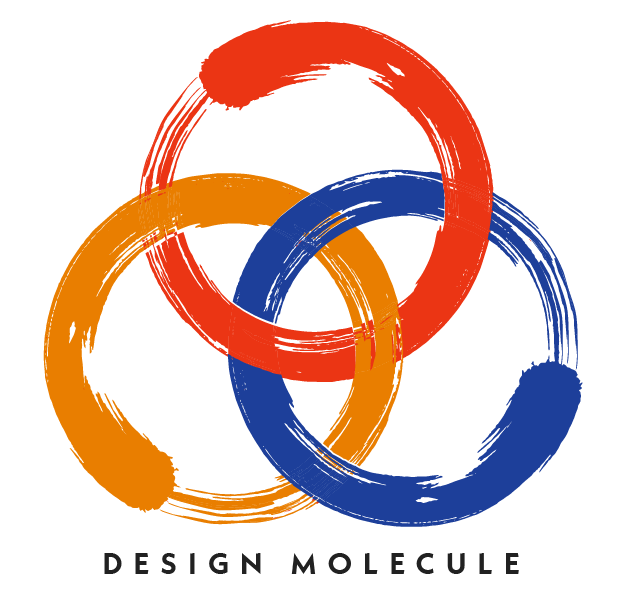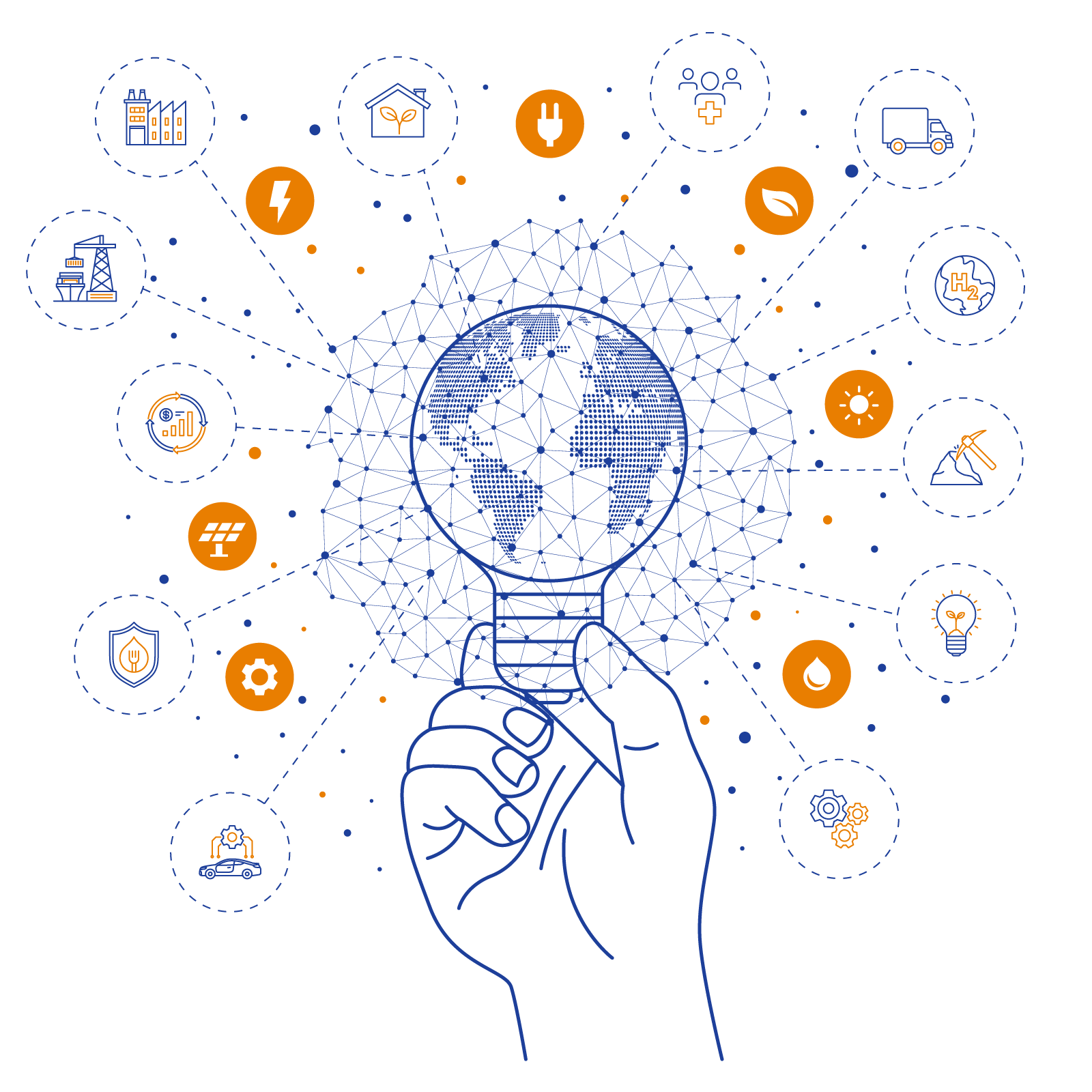
Pragmatic Minds, Building What Matters
Creating clear, useful solutions to help your business grow. Our team uses hands-on engineering and problem solving methods to boost efficiency, cut waste, and unlock new potential. We break down digital challenges into simple, actionable steps so you can build a resilient, sustainable future.
Applied Sciences Research Focus
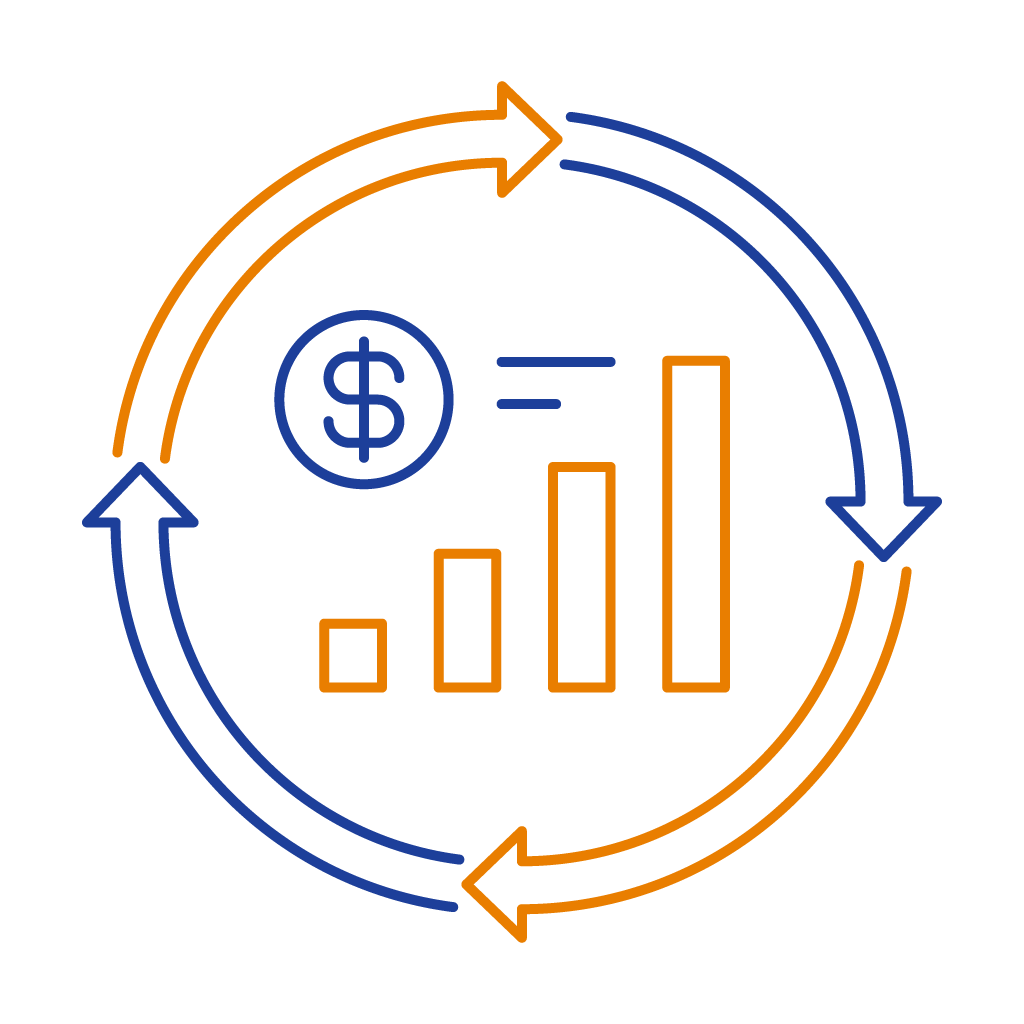
Circular Economic Models
- Improving material reuse
- Designing long-lasting products
- Converting waste into resources
- Simplifying repairs and upgrades
- Supporting circular business models

Mining
- Reducing environmental damage
- Making mines safer for workers
- Extracting more from raw materials
- Tracking mine conditions in real time
- Managing mining waste responsibly
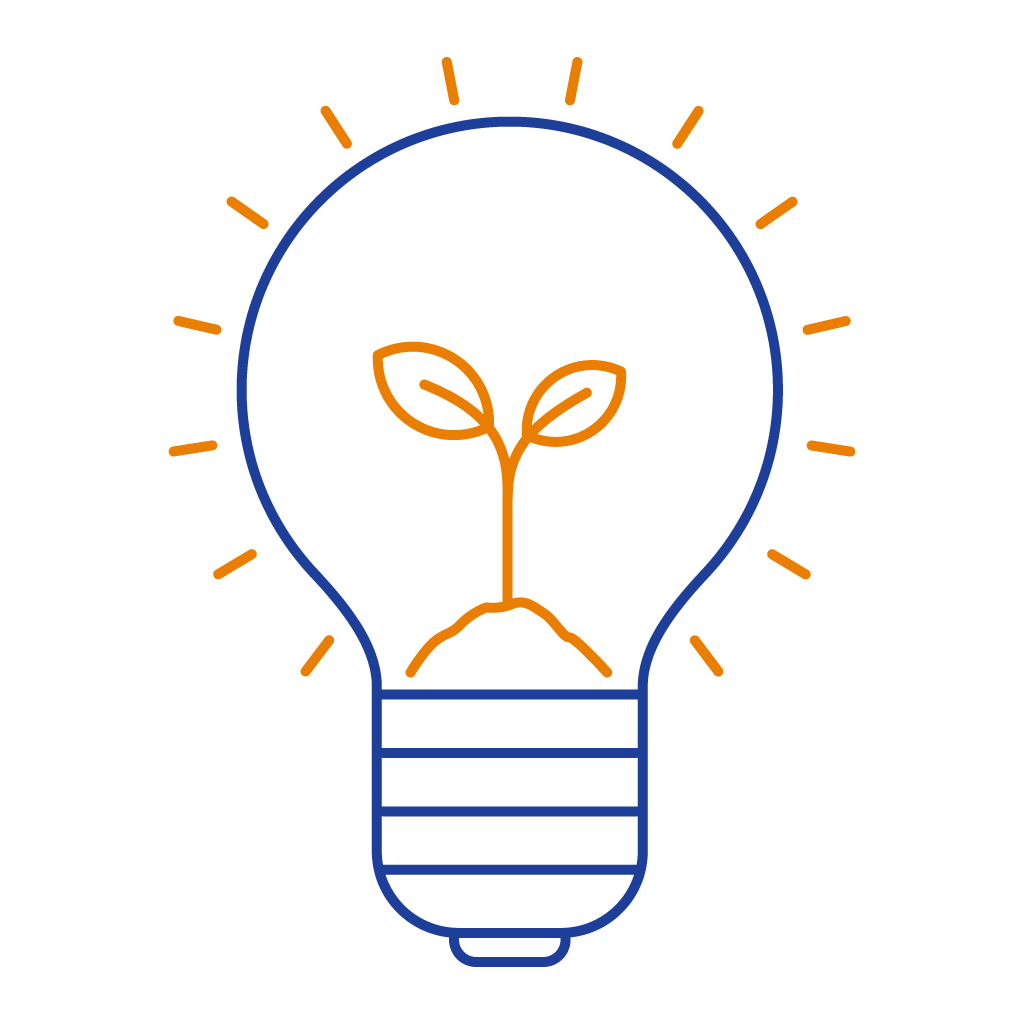
Clean Tech
- Expanding renewable energy use
- Reducing wasted electricity
- Cutting air and water pollution
- Improving battery storage
- Making power systems more reliable

Automation
- Using robotics in industrial settings
- Improving machine control systems
- Integrating automation in production
- Reducing repetitive manual work
- Increasing manufacturing efficiency

Hydrogen Economy
- Producing hydrogen more efficiently
- Developing safer hydrogen storage
- Improving fuel cell performance
- Reducing costs of hydrogen energy
- Finding better ways to transport hydrogen
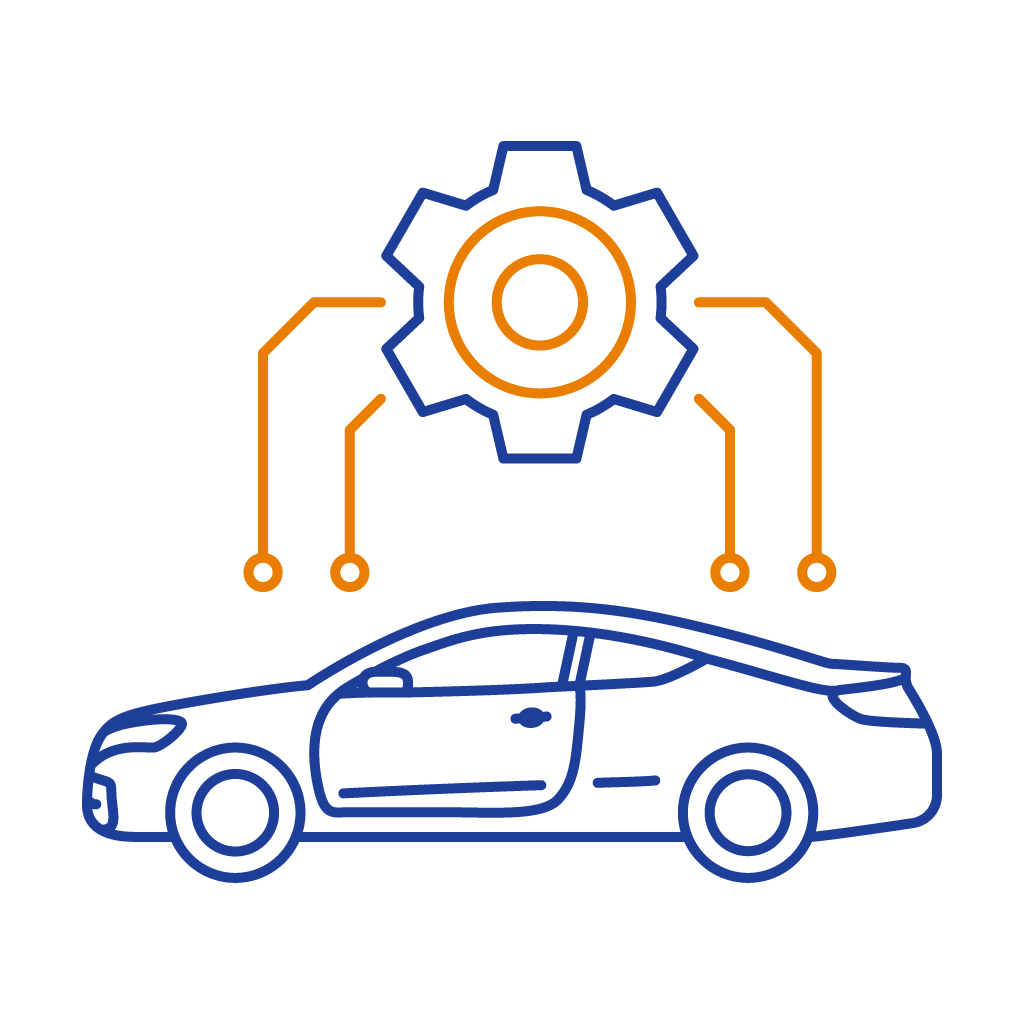
Autonomous Vehicles
- Making self-driving systems safer
- Improving sensor performance
- Testing real-world navigation challenges
- Integrating autonomous systems in logistics
- Understanding the limits of automation
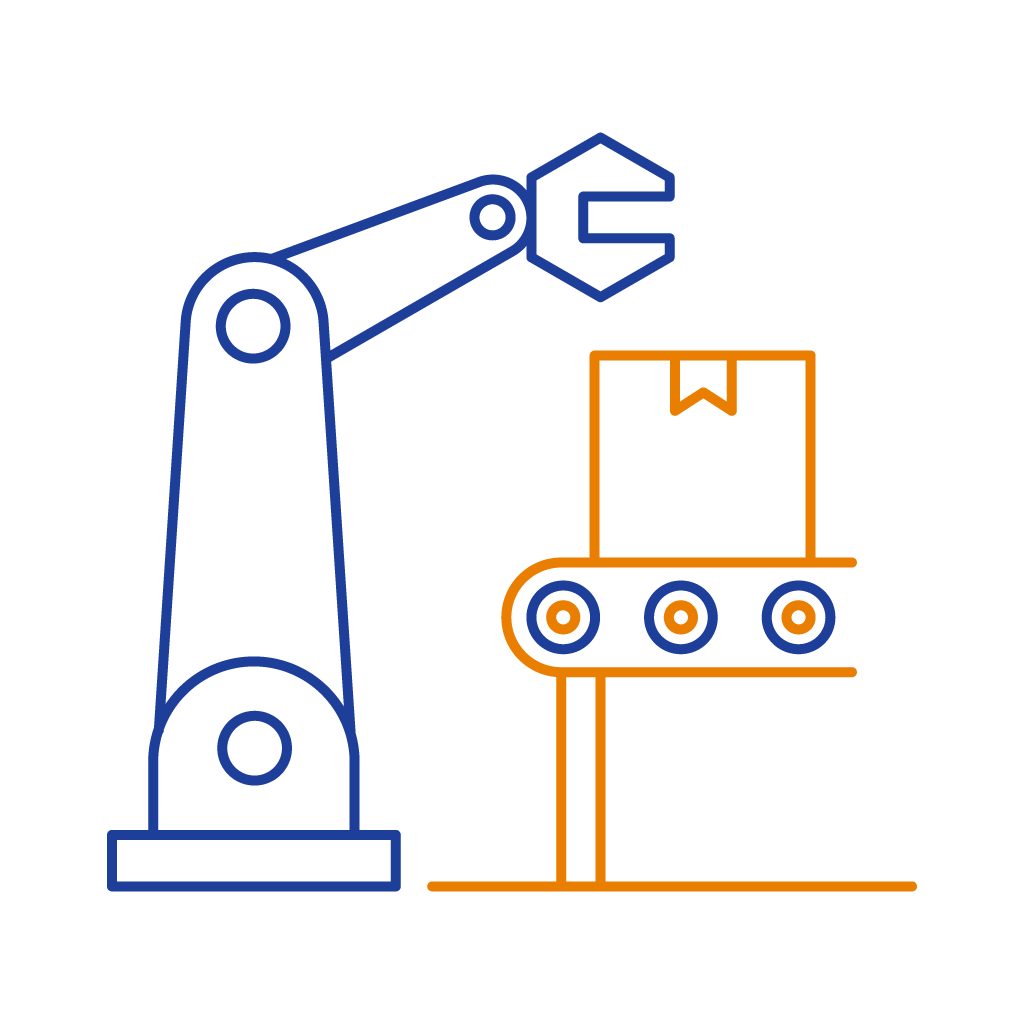
Advanced Manufacturing and Design
- Testing new manufacturing techniques
- Using digital tools in production
- Exploring material improvements
- Reducing waste in manufacturing
- Designing for durability and efficiency
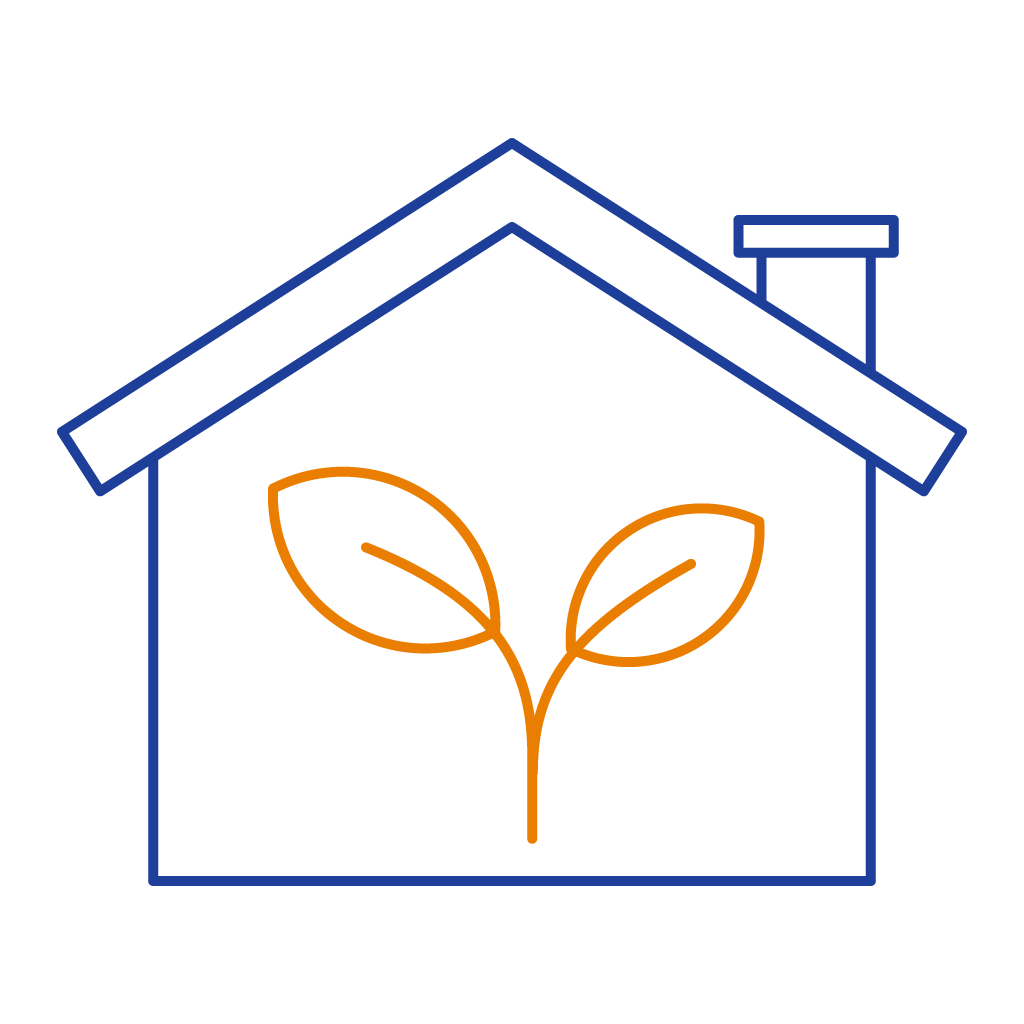
Sustainable Housing
- Developing better building materials
- Designing energy-efficient homes
- Reducing construction waste
- Improving indoor environmental quality
- Exploring new models for housing affordability
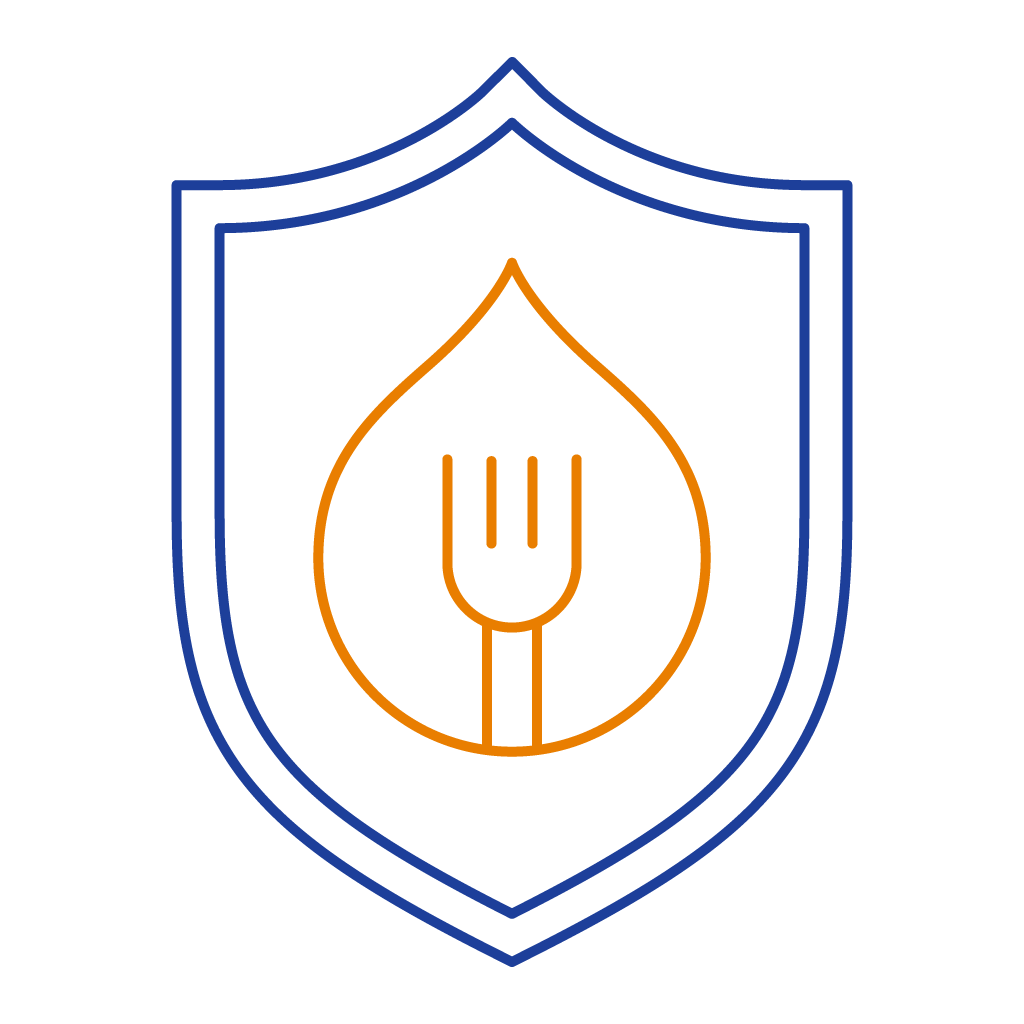
Food and Water Security
- Improving food production efficiency
- Developing better water treatment methods
- Planning for resource shortages
- Reducing waste in food supply chains
- Increasing resilience in agriculture
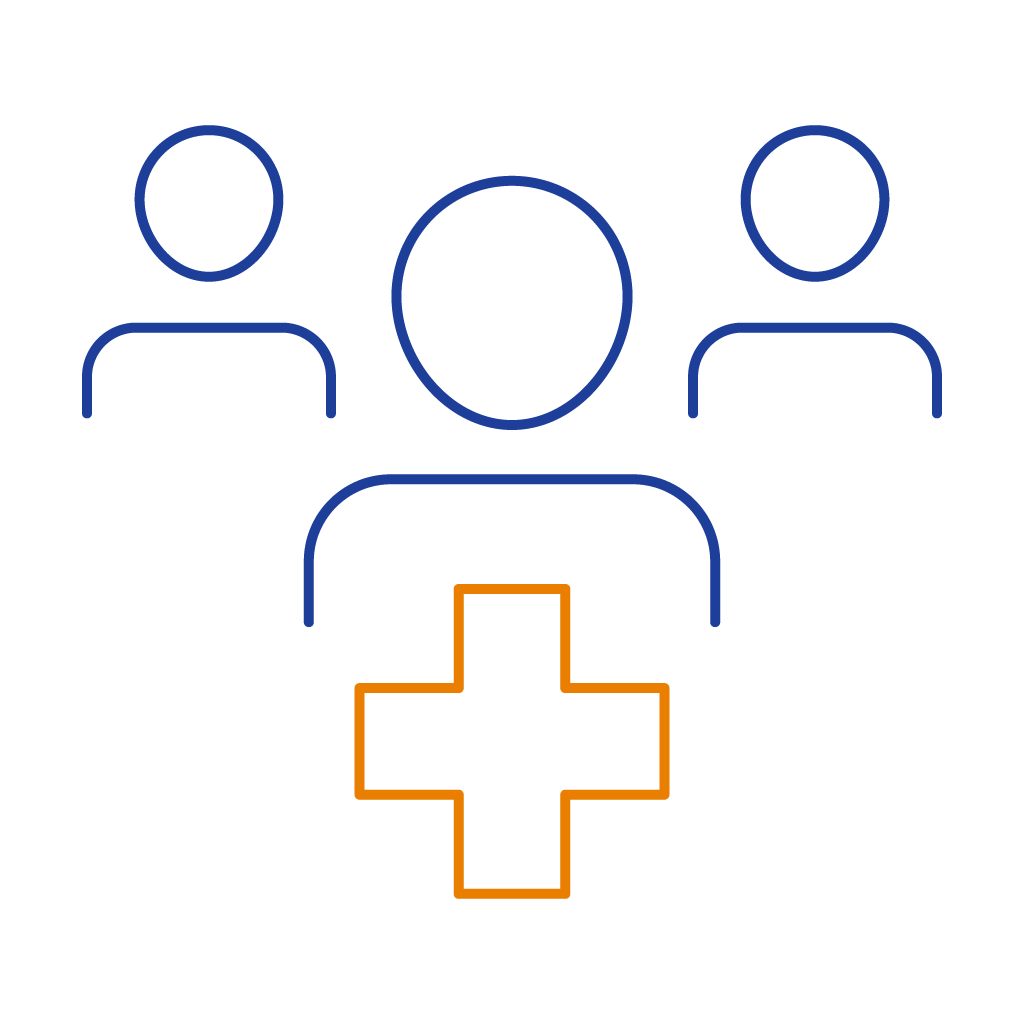
Technology Transfer Mechanisms
- Studying how tech moves into use
- Identifying barriers to adoption
- Understanding how industries apply research
- Evaluating emerging technologies for impact
- Supporting real-world implementation of new tech
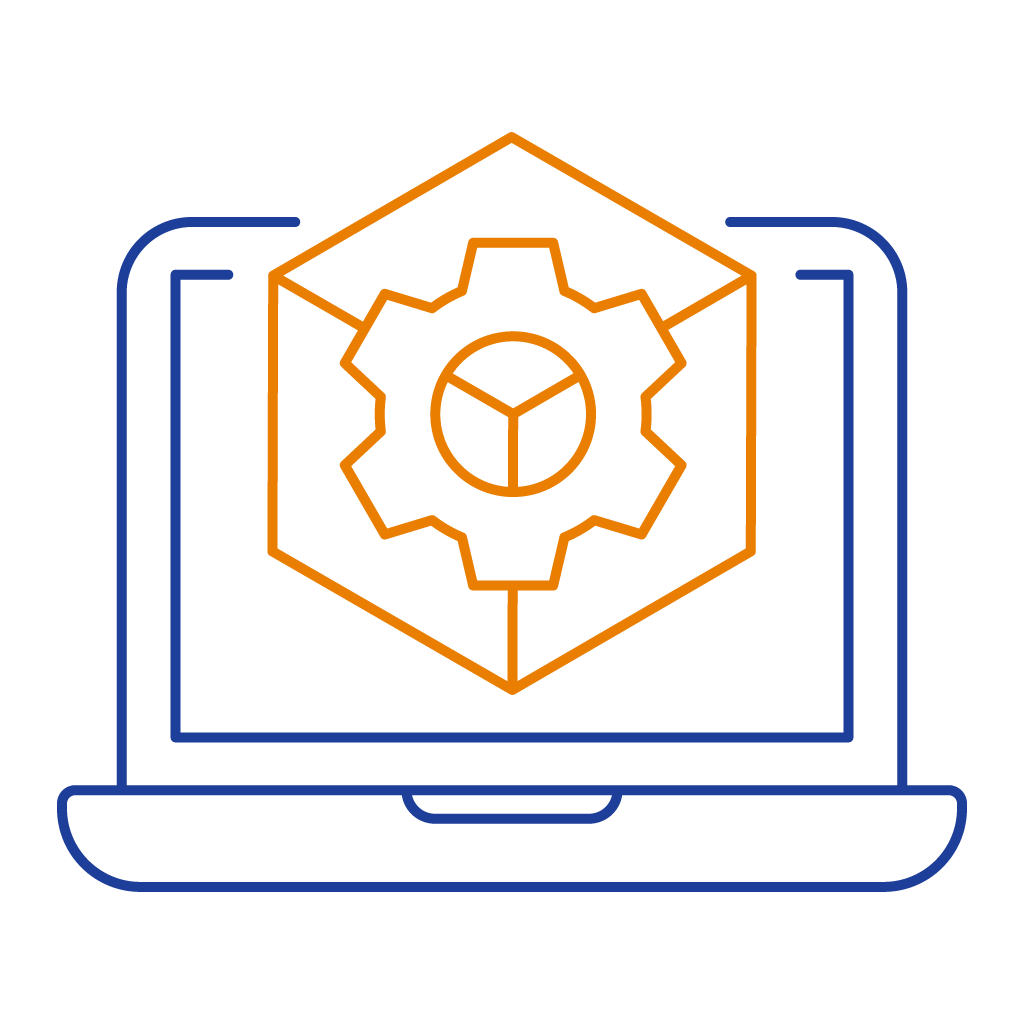
Software Models
- Evaluating software for industrial use
- Understanding how software optimizes processes
- Exploring simulation models for engineering
- Testing digital tools for better decision-making
- Studying software’s role in system design
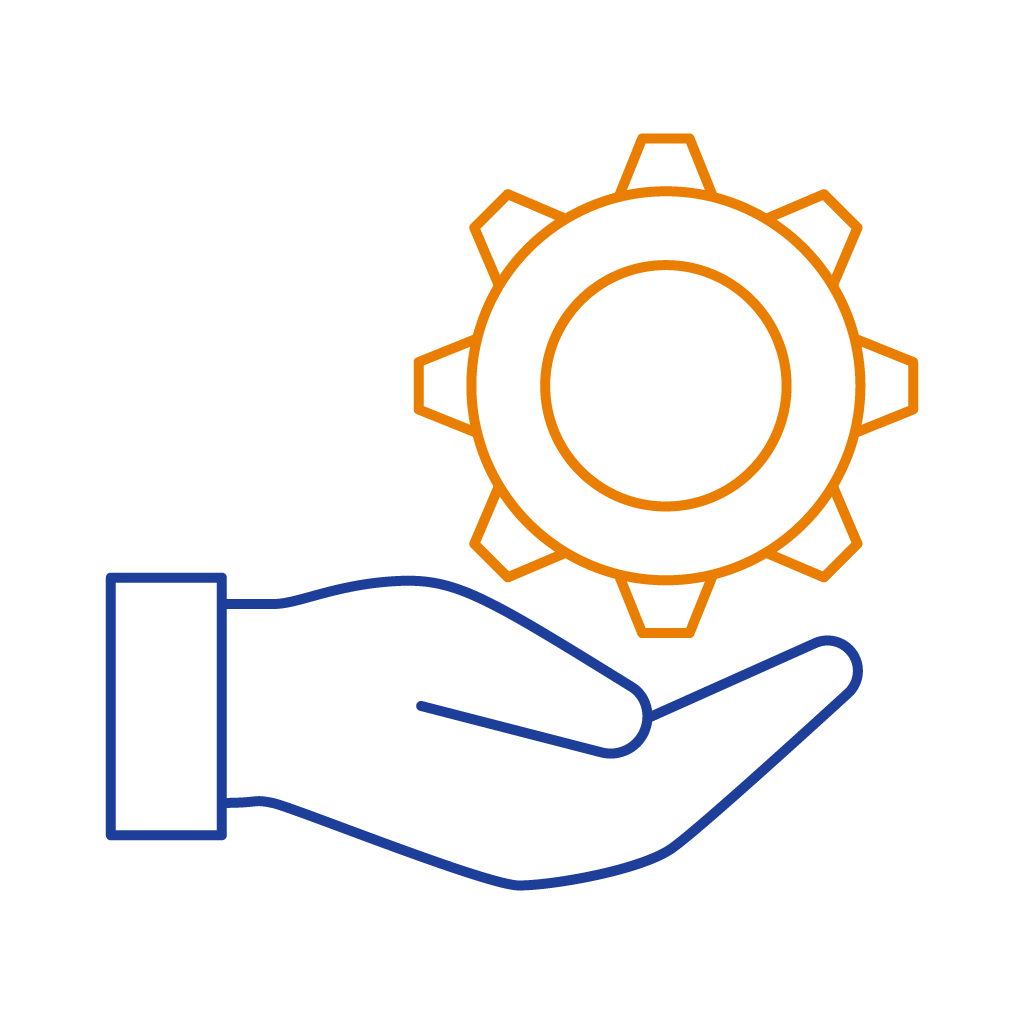
Open Engineering
- Exploring new engineering approaches
- Investigating collaborative problem-solving models
- Studying adaptable design frameworks
- Examining modular and flexible engineering methods
- Understanding the role of shared knowledge in design
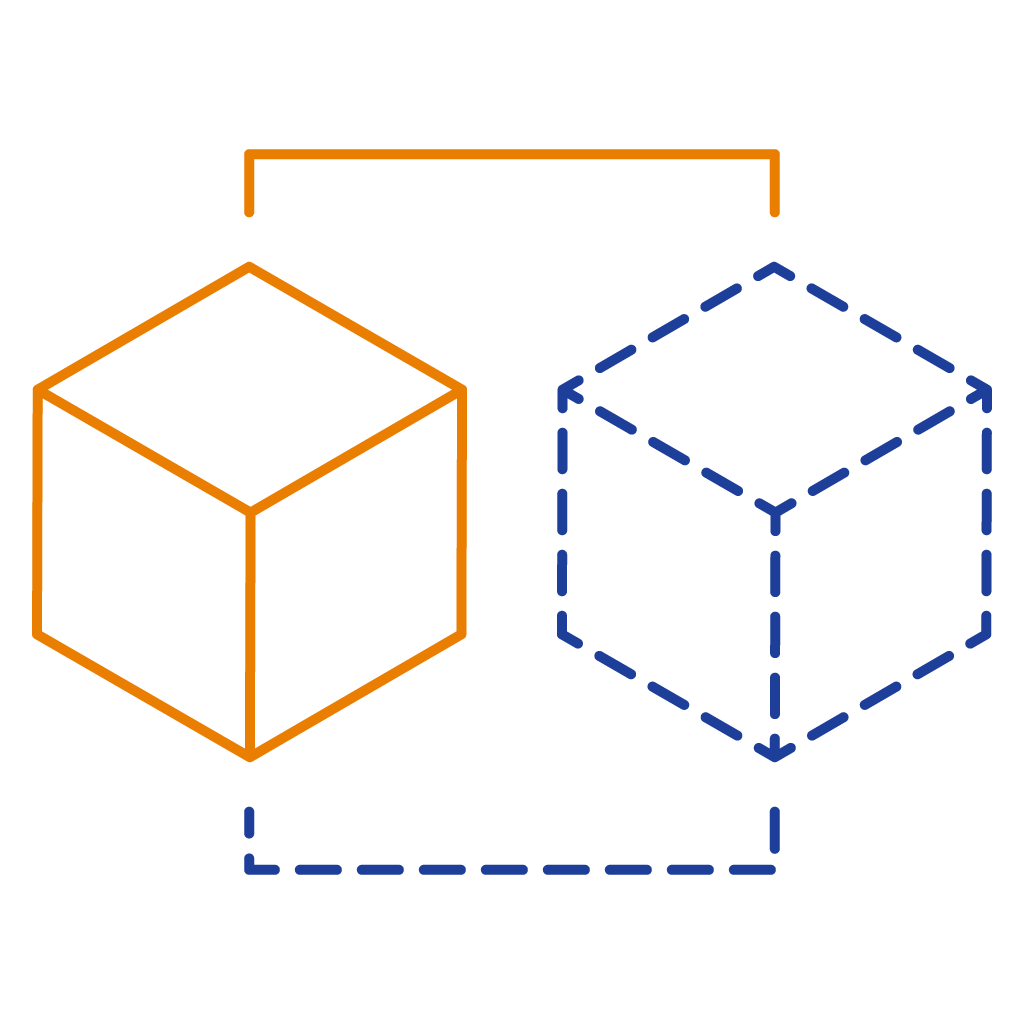
Digital Twins
- Studying real-world applications of digital twins
- Simulating systems for better decision-making
- Using digital twins for maintenance and planning
- Testing digital replicas in industrial settings
- Understanding the limits of digital twin technology
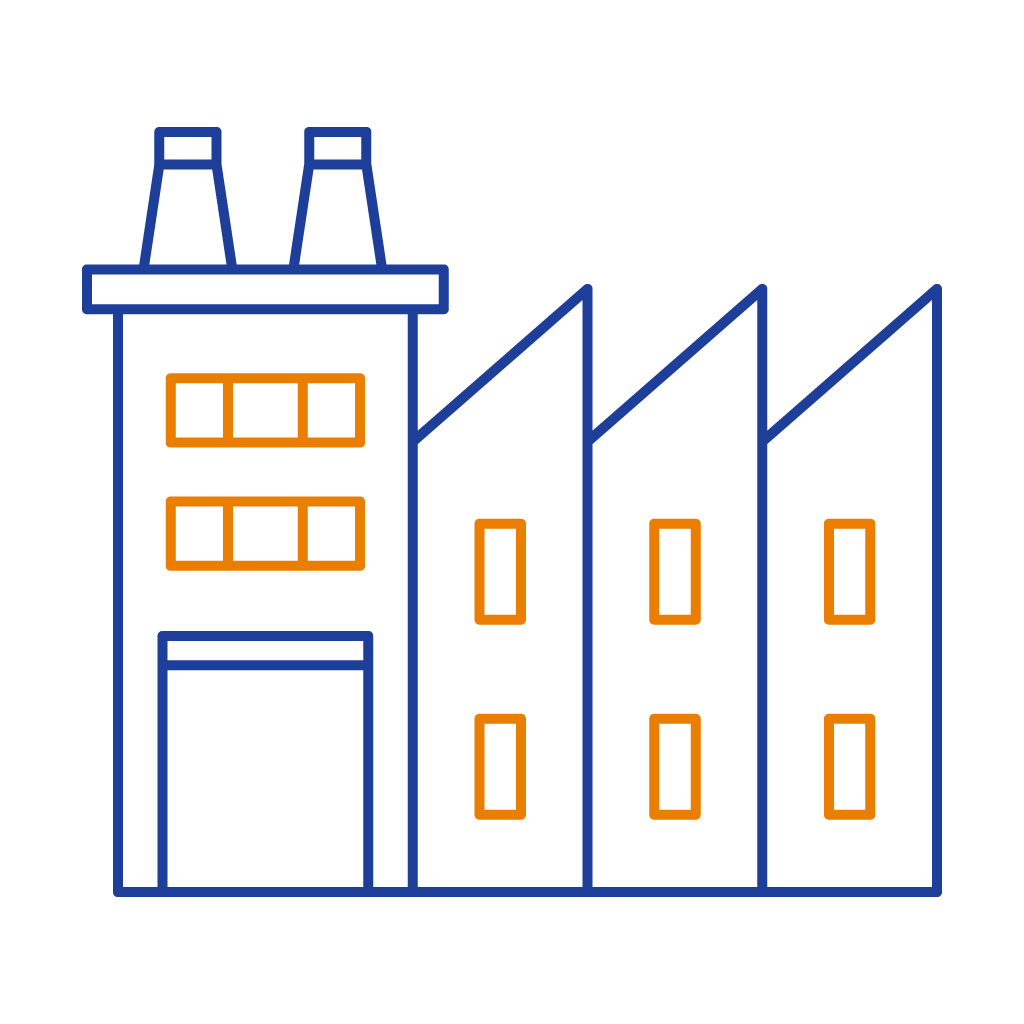
Industry, Innovation and Architecture
- Rethinking industrial and urban spaces
- Exploring technology’s impact on design
- Designing spaces for adaptability
- Improving efficiency in industrial layouts
- Studying how innovation shapes built environments
